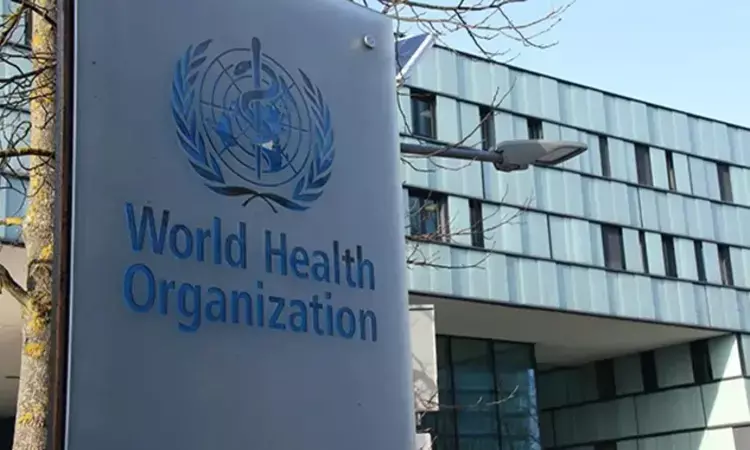- Home
- Medical news & Guidelines
- Anesthesiology
- Cardiology and CTVS
- Critical Care
- Dentistry
- Dermatology
- Diabetes and Endocrinology
- ENT
- Gastroenterology
- Medicine
- Nephrology
- Neurology
- Obstretics-Gynaecology
- Oncology
- Ophthalmology
- Orthopaedics
- Pediatrics-Neonatology
- Psychiatry
- Pulmonology
- Radiology
- Surgery
- Urology
- Laboratory Medicine
- Diet
- Nursing
- Paramedical
- Physiotherapy
- Health news
- Fact Check
- Bone Health Fact Check
- Brain Health Fact Check
- Cancer Related Fact Check
- Child Care Fact Check
- Dental and oral health fact check
- Diabetes and metabolic health fact check
- Diet and Nutrition Fact Check
- Eye and ENT Care Fact Check
- Fitness fact check
- Gut health fact check
- Heart health fact check
- Kidney health fact check
- Medical education fact check
- Men's health fact check
- Respiratory fact check
- Skin and hair care fact check
- Vaccine and Immunization fact check
- Women's health fact check
- AYUSH
- State News
- Andaman and Nicobar Islands
- Andhra Pradesh
- Arunachal Pradesh
- Assam
- Bihar
- Chandigarh
- Chattisgarh
- Dadra and Nagar Haveli
- Daman and Diu
- Delhi
- Goa
- Gujarat
- Haryana
- Himachal Pradesh
- Jammu & Kashmir
- Jharkhand
- Karnataka
- Kerala
- Ladakh
- Lakshadweep
- Madhya Pradesh
- Maharashtra
- Manipur
- Meghalaya
- Mizoram
- Nagaland
- Odisha
- Puducherry
- Punjab
- Rajasthan
- Sikkim
- Tamil Nadu
- Telangana
- Tripura
- Uttar Pradesh
- Uttrakhand
- West Bengal
- Medical Education
- Industry
World Health Assembly approves amendments to enhance International Health Regulations

Geneva: The World Health Organization said member countries on Saturday approved new steps to improve global preparedness for and response to pandemics like COVID-19 and mpox, and set a new deadline for agreeing on a broader treaty.
Countries agreed by consensus to amend the International Health Regulations, which were last changed in 2005, such as by defining the term "pandemic emergency" and helping developing countries to gain better access to financing and medical products, WHO said.
The move came as the UN agency ended its six-day World Health Assembly this year, after plans to adopt a more sweeping pandemic "treaty" at the meeting was shelved largely over disagreements between developing countries and richer ones about better sharing of technology and the pathogens that trigger outbreaks.
But countries agreed to complete negotiations on the pandemic accord with the year, "at the latest", WHO said.
"The success of the IHR amendments demonstrates that in our divided and divisive world, countries can still come together to find common cause and common ground," Director-General Tedros Adhanom Ghebreyesus said.
Lawrence Gostin, a public health law expert at Georgetown University, hailed a "big win for health security", and posted on X that the move "will simplify negotiations for the pandemic agreement".
WHO said countries have defined a pandemic emergency as a communicable disease that has a "wide geographical spread" or a high risk of one, and has exceeded or can exceed the ability of national health systems to respond.
It's also defined as an outbreak that has or could cause "substantial" economic or social disruption and requires quick international action, the agency said.
WHO legal officer Steven Solomon said the move to revise the health regulations does not take effect immediately but will come into force a year after Tedros formally notifies countries of the decision.
Yuanqiong Hu, a senior legal and policy advisor at Doctors without Borders, said that the changes adopted on Saturday include "important provisions addressing equity in access to health products during global health emergencies".
Kajal Rajput joined Medical Dialogues as an Correspondent for the Latest Health News Section in 2019. She holds a Bachelor's degree in Arts from University of Delhi. She manly covers all the updates in health news, hospitals, doctors news, government policies and Health Ministry. She can be contacted at editorial@medicaldialogues.in Contact no. 011-43720751


